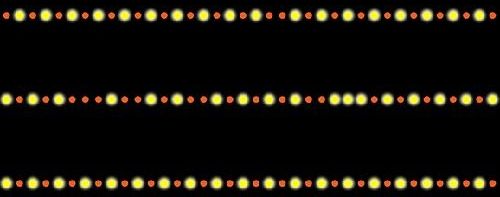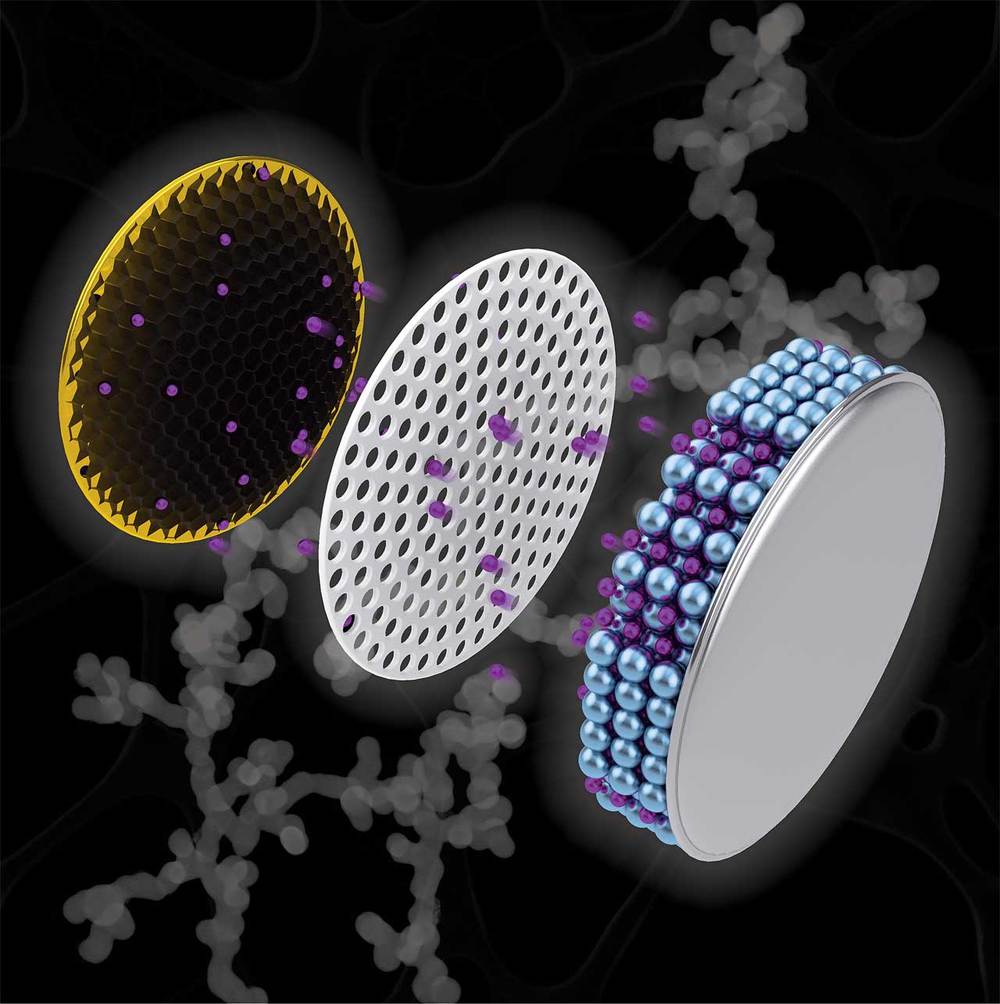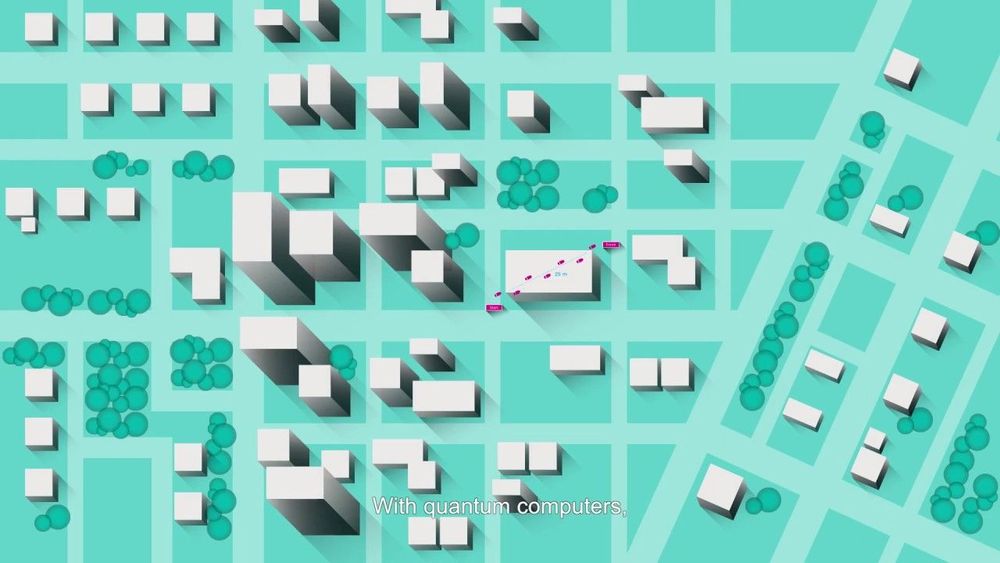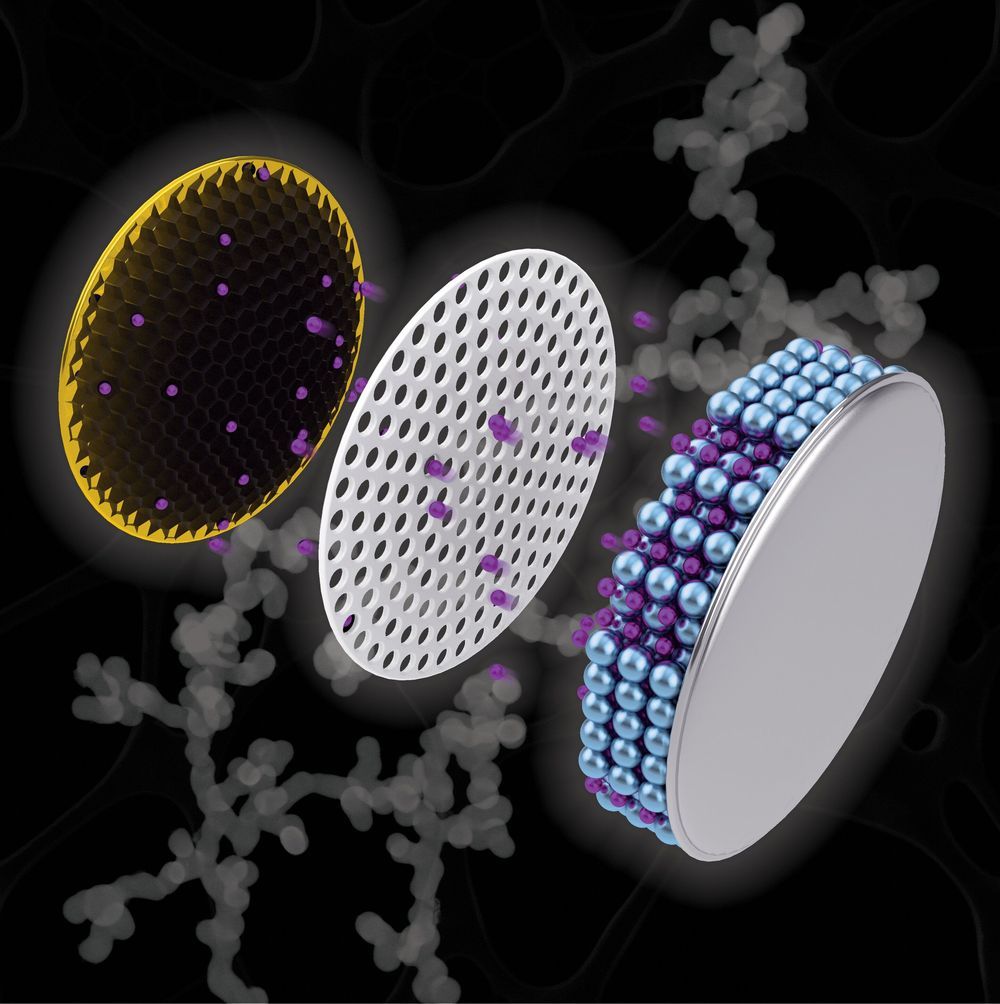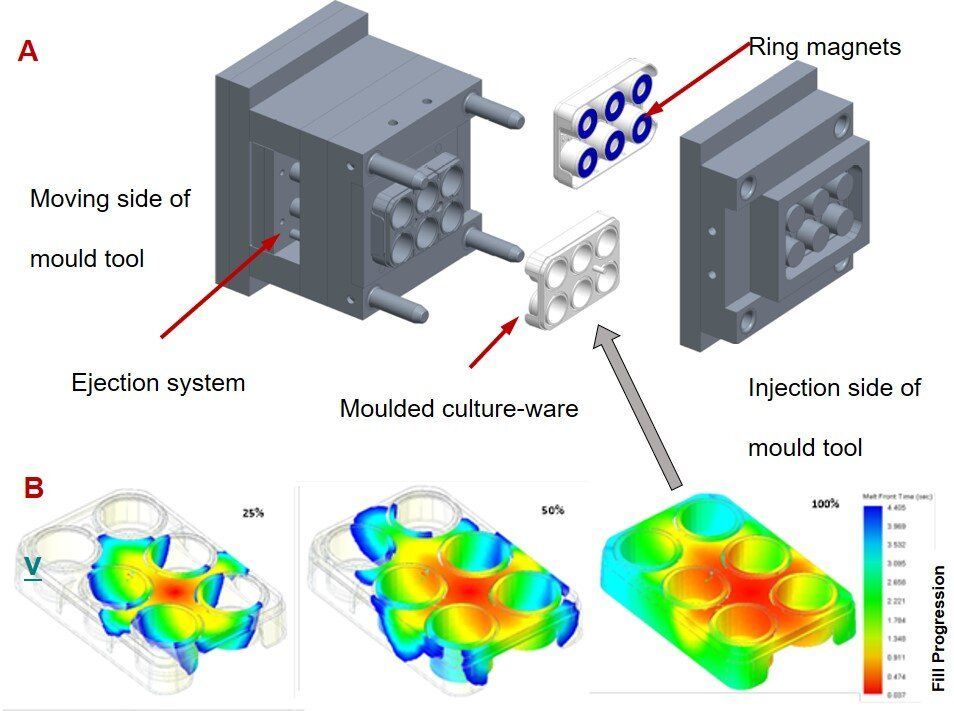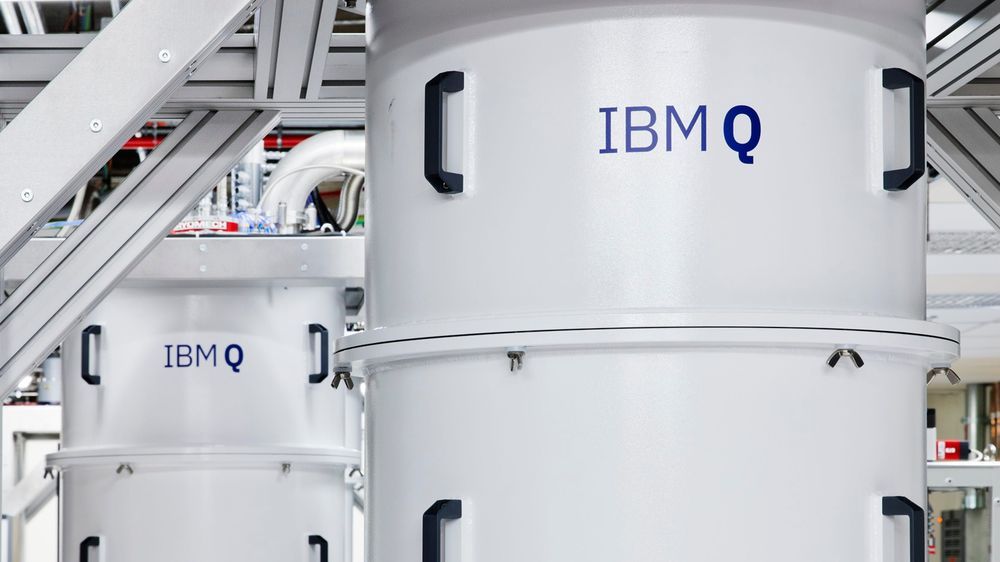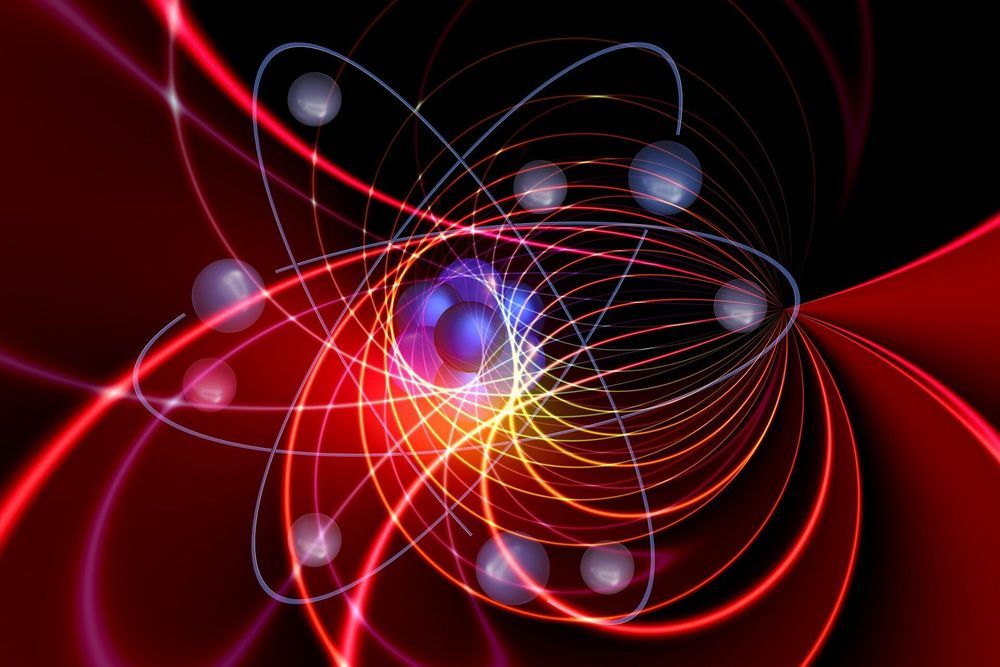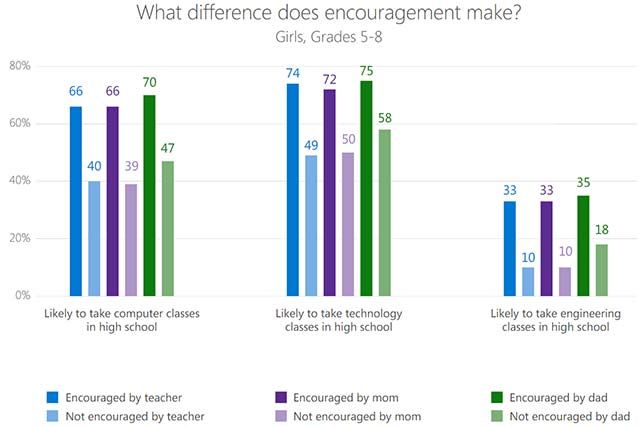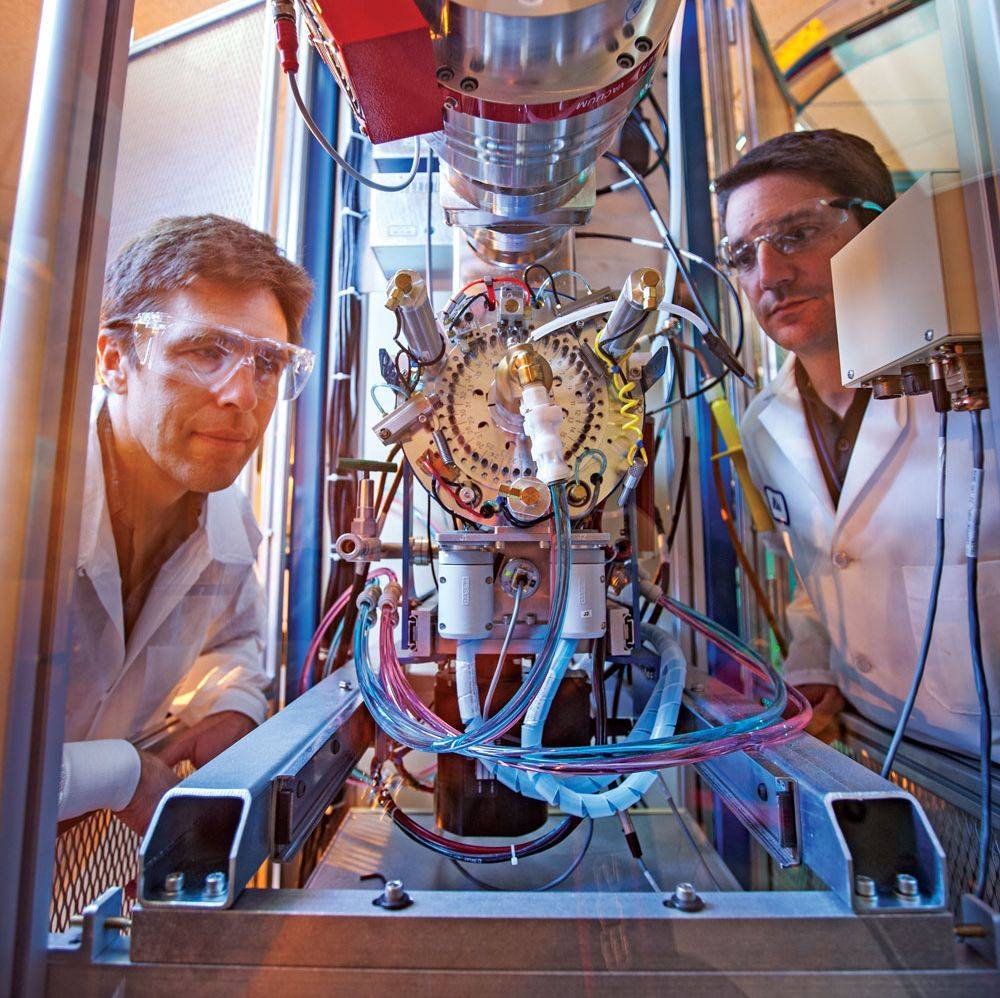Sep 21, 2019
Viewpoint: Cold Atoms Bear a Quantum Scar
Posted by Genevieve Klien in categories: computing, particle physics, quantum physics
Theorists attribute the unexpectedly slow thermalization of cold atoms seen in recent experiments to an effect called quantum many-body scarring.
×
Researchers still have some way to go before they can assemble enough quantum bits (qubits) to make a practical, large-scale quantum computer. But already the best prototypes, made up of several tens of qubits, are opening our eyes to new behavior in the quantum realm. Last year, a team from Harvard University and the Massachusetts Institute of Technology (MIT) unveiled a quantum “simulator” made up of a row of 51 interacting atoms [1]. Exciting the individual atoms in various patterns (Fig. 1), they discovered something unexpected: atoms in certain patterns took at least 10 times longer to relax towards thermal equilibrium than atoms in other patterns. Four groups of theorists have tried to make sense of this observation [2–6], in all cases attributing the slow thermalization to a never-before-seen effect called quantum many-body scarring.
